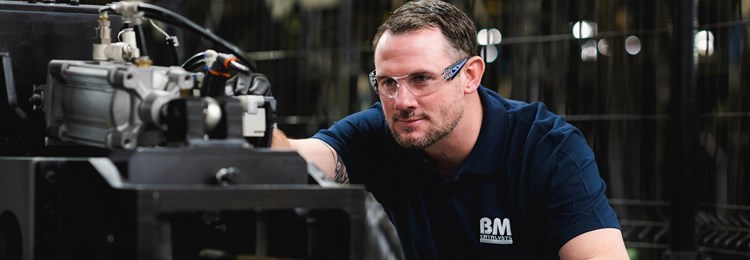
Uncertainty hangs over precious metal prices, says BM Catalysts
Date: Friday 16 September 2022
Higher interest rates and inflation are now adding further uncertainty to the prices of precious metals used in the manufacturing of catalytic converters.
While some commodities are dropping – but still dramatically above pre-coronavirus pandemic levels – any reductions are offset due to increases in transport, logistics, steel and labour, currency fluctuations, the Ukraine-Russia conflict and now due to rising inflation and interest rates.
Over the past two years, precious metal prices have increased significantly while also experiencing some drops. Rhodium, used in the manufacture of catalytic converters, is one of the most expensive platinum group metals (PGMs). It’s also one of the rarest elements on Earth and arguably one of the most volatile pricewise. At the time of writing, the price of a tonne of rhodium is 313% higher than it was in July 2019.
The automotive industry is the single largest consumer of PGMs. China is one the largest users of rhodium and its light vehicle market growth, combined with increasingly stringent emissions standards, means demand for rhodium has increased dramatically.
The record high prices are also responsible for the enormous increase in catalytic converter thefts. According to Berkshire Live, at least 17 catalytic converters were taken from vehicles at Legoland Windsor’s car park in just two weeks, indicating the severity of the problem faced by authorities.
Mark Blinston, BM Catalysts Commercial Director, said:
“The wide number of issues affecting manufacturing and logistics today is not confined to the automotive industry but to many sectors around the world. While uncertainty now hangs over the future price direction of PGMs and other materials, we’ve been very effective with our raw materials buying strategy to help ensure we shield customers as much as possible from the direct impact of these issues.”
